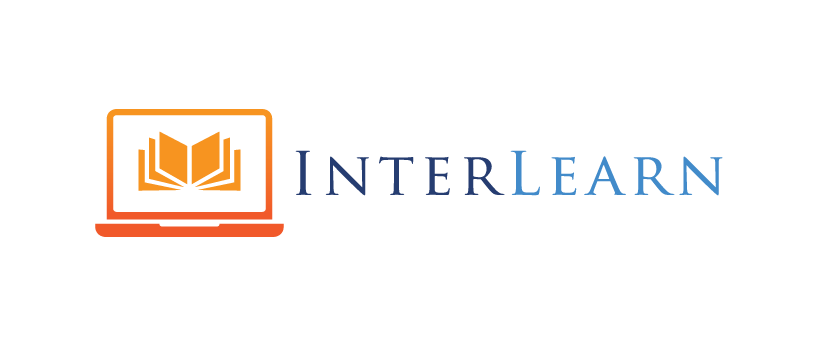In today’s fast-paced business and educational landscapes, the concept of professional development is rapidly evolving. Amidst this evolution, micro-courses are emerging as a pivotal element in shaping the future of learning and career advancement. But are these bite-sized, focused learning sessions really the future of professional development? Let’s dive into recent trends and insights to explore this question.
The Rise of Micro-Courses
Micro-courses, often synonymous with microlearning, are designed to deliver targeted learning content in short, specific bursts. They are tailored to fit into the busy schedules of professionals, allowing for learning that is both time-efficient and relevant to immediate needs. The growing trend towards microlearning is evident, with a surge in both academic publications and internet searches highlighting its increasing popularity. This rise is indicative of a broader shift in educational preferences towards more digestible and accessible formats.
Aligning with Market Needs
The relevance of micro-courses in today’s job market cannot be overstated. With rapid technological advancements and shifting job requirements, the ability to quickly upskill has become crucial. The World Economic Forum emphasizes that future employment will not just value formal degrees but will increasingly prioritize specific job skills (World Economic Forum, 2020). Micro-courses cater precisely to this shift by focusing on concise skill sets directly applicable to professional contexts.
Benefits and Challenges
Micro-courses offer several advantages:
- Flexibility: Learners can engage with content at their own pace and according to their schedules.
- Relevance: Courses can be quickly updated to reflect the latest industry trends, making the learning process more dynamic and applicable.
- Accessibility: Digital platforms enable a wider reach, reducing barriers to education.
However, challenges remain, such as ensuring the quality and recognition of micro-credentials and aligning them with existing educational standards.
Considering the alignment of micro-courses with market trends and their ability to meet contemporary learning preferences, they certainly present a compelling future for professional development. As businesses and educational institutions continue to adapt, micro-courses will likely play a central role in shaping a more agile and skilled workforce.
At The Progressus Companies, we are taking this shift very seriously by developing micro-courses for professional development and with a path to traditional higher education should the end user desire that. In our first development, the InterLearn team (one of The Progressus Companies) has been working on translating MBA courses to micro-courses. It will be offered through Progressus Education Services in its Mentored, Micro, Master Courses™ model. Anticipated delivery is Fall of 2024.
The move towards micro-courses represents a significant shift in the educational paradigm, one that favors continuous, accessible, and practical learning. Whether this will become the predominant form of professional development remains to be seen, but current trends suggest a strong trajectory towards that future.


Comments are closed